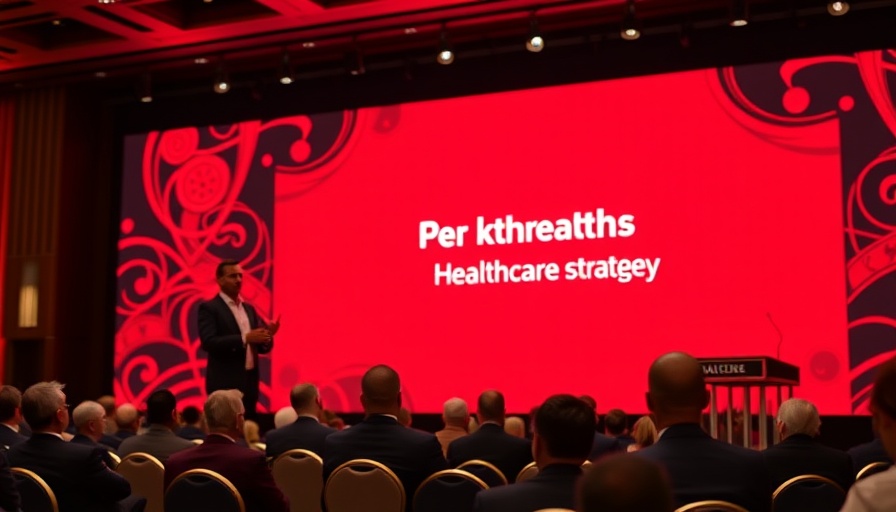
Latest Innovations in Treatment to Know About
This past week highlighted significant advancements that are shifting the landscape of medical treatments. In cutting-edge research, intraperitoneal IL-12 gene therapy for ovarian cancer showed promising results, improving survival rates while minimizing side effects. Specifically, in the phase I/II OVATION-2 trial, it resulted in a median progression-free survival of 14.9 months versus 11.9 months for conventional chemotherapy. These outcomes not only pave the way for a phase 3 trial but also showcase how local administration of therapies can markedly boost patient outcomes.
Simplifying Access to Essential Screening
Accessibility remains a critical issue in healthcare, with recent data underlining the importance of removing financial barriers. A study published in the Journal of the American College of Radiology (JACR) reported that eliminating a $45 fee for 3D mammography led to a significant increase in screenings—from 83.7% to 91.5%. Importantly, this shift benefited minority groups, including Asian and Black women, thereby emphasizing the need for continued efforts towards achieving screening equity in healthcare.
Revolutionizing Care with AI Technology
Artificial intelligence continues to make waves in various medical fields. The FDA's recent approval of an AI-driven wristband for essential tremor represents a triumph in non-invasive treatment technology. This innovative device promises to reduce tremors significantly, enhancing daily functionality for those affected. Such advancements underscore AI's potential to transform patient care practices, making therapies easier to access and more effective.
Regulatory Updates That Enhance Treatment Accessibility
In a noteworthy regulatory move, the FDA has removed Risk Evaluation and Mitigation Strategies (REMS) for BCMA- and CD19-directed CAR T-cell therapies. This decision eases the burden on providers while ensuring that patients have increased access to these groundbreaking therapies. The removal of these restrictions reveals a trend towards improved access to advanced treatments, fostering a more patient-centric healthcare model.
The Rise of Botanical Nootropics: What You Need to Know
In cognitive health, botanical nootropics are emerging as a popular option. However, their rise demands responsible sourcing and clinical validation to ensure efficacy and safety. Consumers are increasingly looking for credible alternatives to enhance cognitive function, and it is essential to promote products backed by robust research and compliance in marketing practices.
Engaging With Progress: What It Means For You
Understanding these advancements is crucial for individuals navigating their healthcare options. With rising costs and gains in technological innovations, patients can advocate for their health more passionately. Embracing these therapies and technologies means more than just keeping pace with trends; it involves recognizing the choices that improve the quality of care and access to treatments.
Conclusion: Empower Yourself with Knowledge
These insights and advancements reveal a landscape of opportunities within the medical field—tailored treatments, enhanced access, and innovative technologies. In an age where information drives decisions, being informed is your best ally in healthcare. As these developments unfold, staying engaged with changes in the health sector can empower you to make educated choices suited to your needs.
 Add Row
Add Row  Add
Add 




Write A Comment